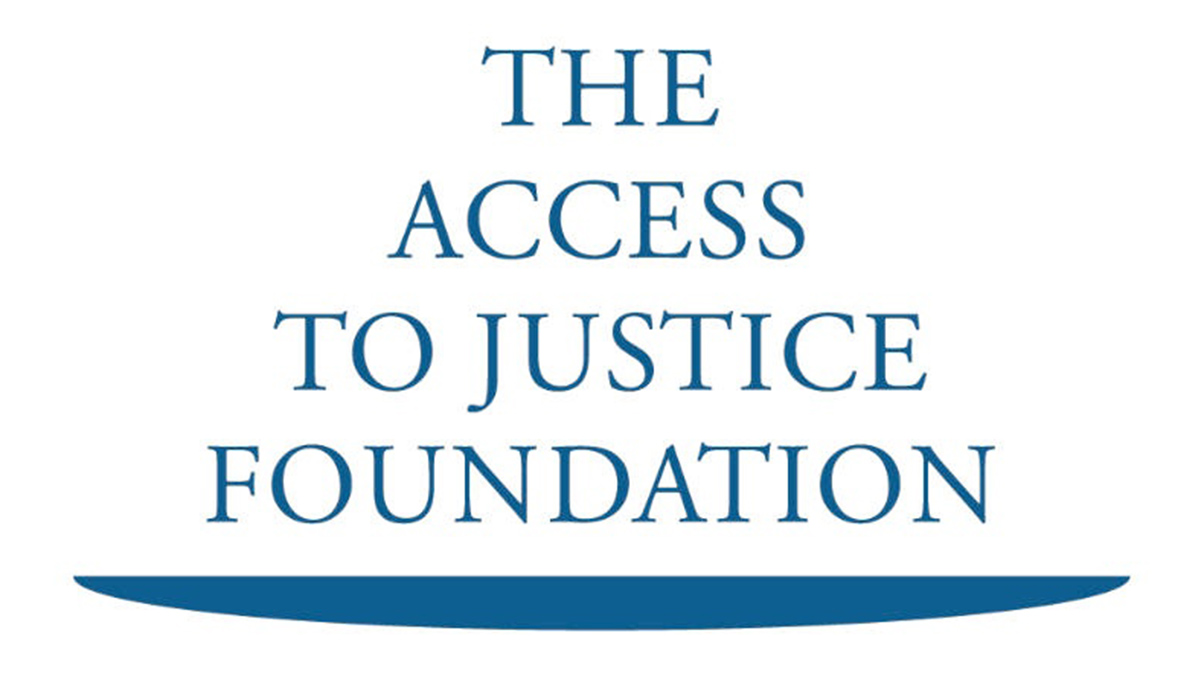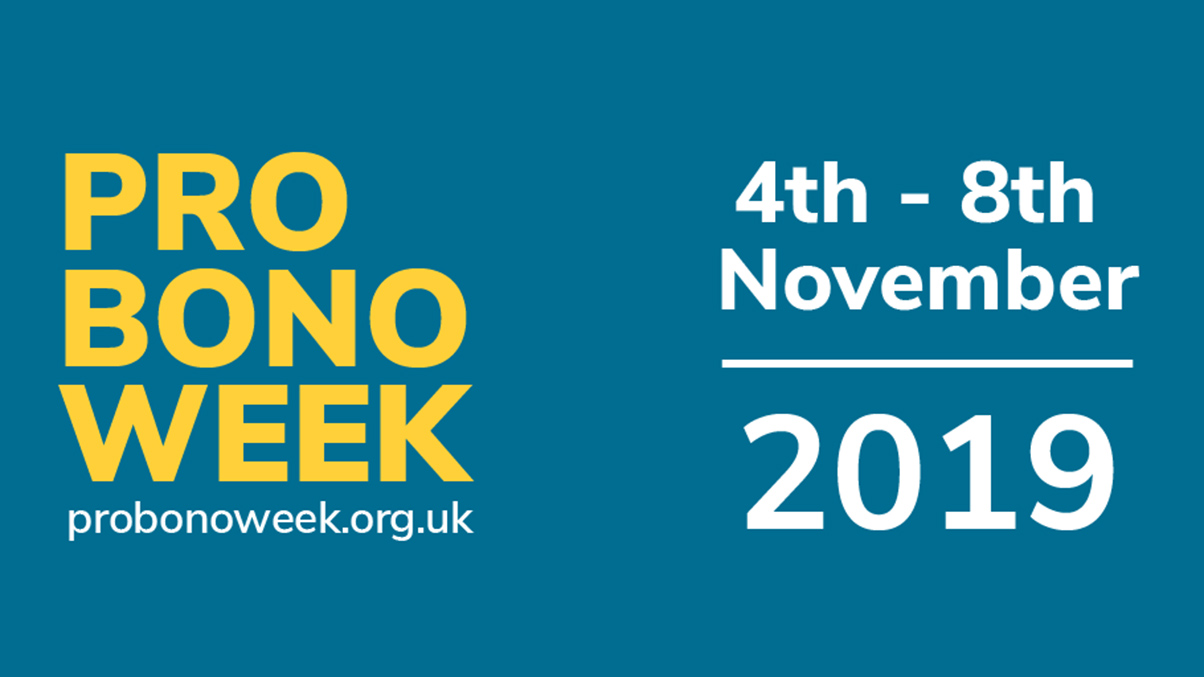Have you ever wondered exactly how our team of pro bono paralegals assists patients, and what an average day looks like for a member of our team? This month, Grace Horvath-Franco shares her working day and the different things that patients need help with.
Grace is a paralegal in our pro bono team, providing support to patients and their families at a time when independent legal support is most needed but often hard to find. This support for patients is delivered through The Legal Service, developed by us and provided at a number of NHS Trusts and any UK trauma and rehabilitation centres. We provide The Legal Service as part of the firm’s commitment to help people with serious injury.
9:00 – When I arrive at the office, I review my emails and see that an urgent one has come in overnight from a client who wishes to appeal a decision on his Personal Independence Payment entitlement. The deadline is in a few days, but the client wasn’t aware of this as he had been readmitted to hospital and hadn’t seen his post. Firstly, I call the client to reassure him. I proceed to call the Department of Work and Pensions to ask for an extension. After receiving an email confirming the extension, I inform the client and arrange a time to speak with him tomorrow regarding collecting the evidence needed for the mandatory reconsideration.
After a hectic start to the morning, I get myself a strong cup of Yorkshire tea and help myself to a pear from the fruit basket.
10:30 – I call the Court of Protection for an update on the progress of a couple of deputyship applications. The current record in the department for being placed on hold is 1 hour 45 mins. As this is a long process, we like to get updates on as many clients as possible in one call. During the time I’m on hold, I use the opportunity to draft some letters and emails to clients who I haven’t heard from in some time. We understand that our clients often have a lot on their plate and sometimes a gentle reminder can help them.
11:30 – I work on a client’s insurance claim form. Yesterday, I completed my review of the terms and conditions of my client’s critical illness policy and determined that she is entitled to claim under this policy for permanent and total disablement. The client confirmed by email yesterday that she would like us to complete the claim form on her behalf. This particular initial claim form is quite lengthy, so I complete the details carefully and enclose the relevant medical evidence before sending it off to the insurer. I then send a short email to the client, letting them know this has been sent.
12:30 – I receive a phone call from a client asking for an update on her debts. I advise that last week I wrote to her credit card companies asking them to either write off the debt or put a hold on charges. I explained that I hadn’t received responses yet and it may be another week before I do as creditors aren’t the quickest in responding. I also inform her that I will send her a blank income and expenditure form to complete as this is a useful document to send to creditors.
13:00 – I pop out to get lunch (my personal favourite is Chilangos). I also catch up with some friends in another department. It’s nice to get away from your desk for a little while.
14:00 – I attend a brief meeting with the employment team in relation to one of my clients. My client has been called to a meeting with her employers, which she is concerned about. She has been informed that her employers can no longer continue keeping her on sick leave and are considering making her redundant. I meet with the employment team for advice on the employer’s obligations and my client’s rights, which I can pass onto her ahead of her meeting.
15:00 – I leave the office to attend an initial meeting with a new client who has been referred through the legal service.
16:00 – At the unit, I meet the partner with the conduct of the legal service. Before the meeting, we speak to the case managers to find out some brief background information on the patient. We are informed that the patient is a 26-year-old man who sustained a spinal cord injury in a single-vehicle road traffic collision.
We then meet the patient and his parents. We first discuss how the accident occurred, but the patient has very little memory of the events. The police officers have filled him in on what happened: he was driving on a country lane in wet conditions when he collided with a tree. We explain that based on the information the patient has provided, it is unlikely that he would have a personal injury claim. However, we tell him that we would be happy to request the police report so we can revisit this. We also explain that regardless of any compensation claim, we can still assist with any non-compensation issues under our free legal service.
The patient’s main concern is his substantial debt on various credit cards. He says he is a self-employed carpenter who rents a property by himself and is worried about paying his bills. We explain that in these circumstances, we often write to creditors enclosing a ‘to whom it may concern’ letter from the hospital confirming the patient’s inpatient status and condition. We ask in light of the circumstances whether they would be willing to write off any debt or at the very least place the charges and interest on hold.
The patient asks us if there is any way in which his parents can manage his rent and bills while he is in hospital as he understands he is likely to be in hospital for some time. We explain that he can execute a power of attorney appointing his parents as his attorneys. We also say that if he does not wish to do this, it may be possible to provide each creditor with verbal authority or a signed ‘form of authority’. The patient feels a power of attorney would be a good option for him so that he can focus on his recovery. We tell him that we will arrange a follow-up meeting to discuss the power of attorney in greater detail and take full instructions from him.
We also briefly set out which welfare benefits he may be entitled to and assure him that we will send him a letter detailing all the issues discussed in our meeting.
17:00 – On the train home, I review emails that have come in during the meeting and I start putting together my task list for tomorrow morning.
This article was published as part of ‘The Legal Service Newsletter’. The Legal Service is provided by Stewarts’ pro bono team as part of the firm’s commitment to help people with serious injury. The service offers free advice to patients when they need it most.
To make a referral to The Legal Service, please contact Kara Smith by phone on 020 7822 8000 or by email at ksmith@stewartslaw.com.
Subscribe – In order to receive our news straight to your inbox, subscribe here. Our newsletters are sent no more than once a month.
You can find further information regarding our expertise, experience and team on our Personal Injury pages.






